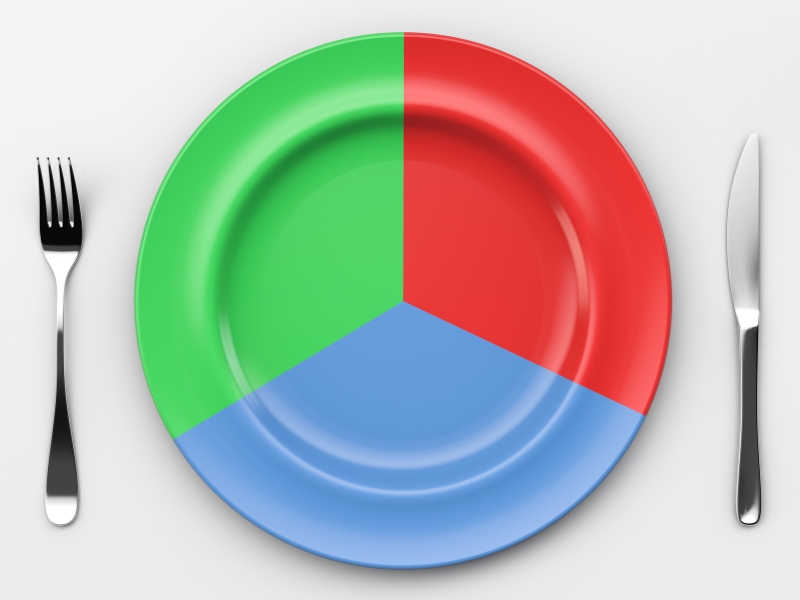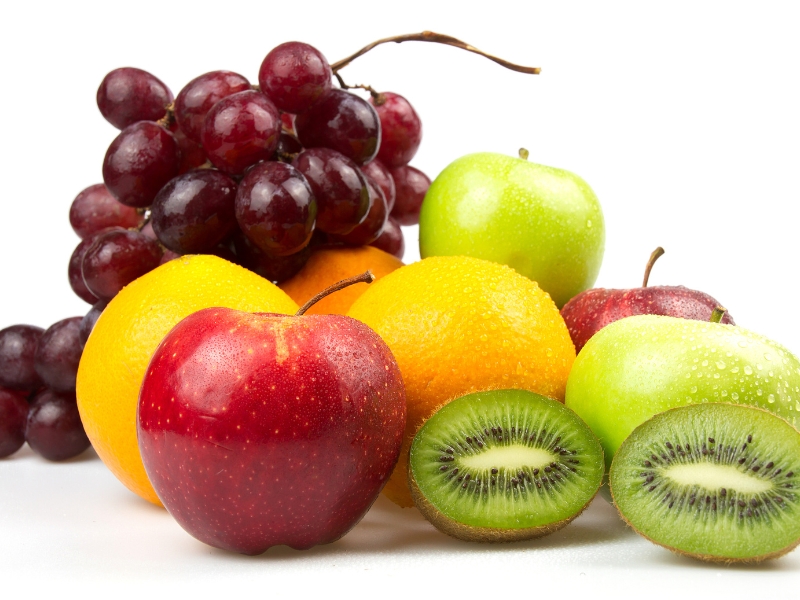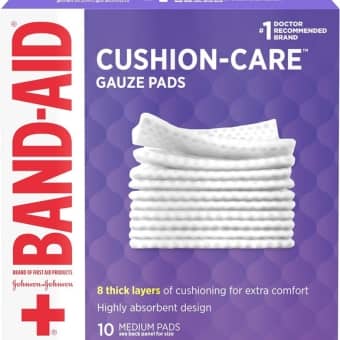Weight loss and fat loss are not the same. Knowing the difference is important for reaching your fitness goals. Both concepts impact your body composition. But, they influence your health and appearance in different ways. This guide helps you understand weight loss and fat loss. It empowers you to make smart choices that fit your goals and lifestyle. Explore to find the key parts of your journey to a healthier you.

Table of Contents
Key Takeaways:
-
Weight loss means losing body mass, including fat, muscle, and water. Fat loss focuses on reducing body fat percentage.
-
Focusing on fat loss, not weight loss, is key to better health. Keeping lean muscle mass helps with metabolism and how the body works.
-
Body composition shows health better than scale weight. People can be healthy at different weights if they have a good balance of muscle and fat.
-
Focus on sustainable changes for a healthier life. Consume balanced meals and engage in exercise on a consistent basis. This helps you lose fat while keeping your muscle mass.
-
Tracking body fat and waist size shows progress better than the scale.
I. Understanding Weight Loss

Many people want to lose weight. But it’s important to understand the true meaning of that. Weight loss refers to a decrease in your total body mass, which can include fat, muscle, and water. Watching the scale go down feels great, but it’s key to understand what you’re losing.
1.1. Types of Weight Loss
While weight loss can seem straightforward, it can manifest in various forms. Below is a breakdown of the types:
| Type of Weight Loss | Description |
| Fat Loss | Reduction in body fat percentage. |
| Water Loss | Loss of fluid from the body. |
| Muscle Loss | Decreased muscle mass due to various reasons. |
| Bone Loss | Reduction in bone density. |
| Organ Loss | Shift in body weight without fat loss. |
The weight you lose can come from different sources. This affects your health and appearance in various ways.
1.2. Factors Affecting Weight Loss

On your journey to weight loss, several factors can influence your results. Your weight loss depends on your lifestyle, genetics, metabolism, and environment.
-
Caloric intake
-
Physical activity
-
Sleep quality
-
Stress levels
-
Hormonal balance
Your weight loss journey is unique. These factors work together in a way that suits you best.
Your weight loss success depends not only on your food choices but also on outside factors. Consider how your daily routine can support or hinder you. Nutritional habits, exercise, and even emotional well-being can impact your progress.
-
Dietary restrictions
-
Exercise frequency and type
-
Social support systems
-
Personal health conditions
-
Time management
The mix of these elements can have a significant impact on your weight loss and health.
II. Understanding Fat Loss

A good weight management plan should focus on fat loss, not weight loss. Fat loss means reducing the fat in your body. This is key for better health, improved looks, and a healthier metabolism. Focusing on fat loss improves your body composition. This change benefits your well-being in many ways.
2.1. Types of Fat Loss
You can categorize any weight loss journey based on fat loss types, which include:
-
Subcutaneous fat: The fat located beneath your skin.
-
Visceral fat: the fat stored around your organs, which poses significant health risks.
-
Intramuscular Fat: Fat found within your muscle tissue.
-
Essential Fat: The necessary fat for normal physiological functions.
-
Brown fat: a type of fat that burns calories to generate heat.
You must understand these types to better tailor your fat loss goals.
| Type of Fat | Description |
| Subcutaneous Fat | Found under the skin, it contributes to body shape. |
| Visceral Fat | Sits around internal organs, linked to health risks. |
| Intramuscular Fat | Located within muscle tissue, important for energy. |
| Essential Fat | Vital for hormonal functions and overall health. |
| Brown Fat | Burns calories, keeping your body warm. |
2.2. Factors Affecting Fat Loss
As you start your fat loss journey, many factors can affect your progress. These factors include:
-
Your diet and nutritional choices.
-
Physical activity levels and intensity.
-
Sleep quality and duration.
-
Stress management and levels.
-
Your age and hormonal balance.
Understanding these factors helps you build a better strategy that fits your needs.
These factors have a significant impact on many parts of your life. They are key to your fat loss success. A balanced diet, regular exercise, and good emotional health help you lose fat better. Knowing your body’s rhythm and hormone changes helps you make key adjustments.
-
Focus on balanced meals rich in nutrients.
-
Incorporate both cardio and strength training.
-
Establish a regular sleep pattern.
-
Manage stress through activities like meditation or yoga.
-
Check your progress and adjust as needed.
Knowing how these factors link can boost your success in fat loss.
Learn more Ayur-Yoga Basic Course>>>
III. Weight Loss vs Fat Loss

Recognizing the difference between weight loss and fat loss is key. It affects your health and fitness journey in important ways. Weight loss refers to a decrease in your body weight, which can include loss of water, fat, and muscle. Fat loss focuses on reducing fat tissue while keeping muscle mass. This improves body composition and leads to better health.
3.1. Pros and Cons of Weight Loss
Little distinction is often made between the benefits and drawbacks of weight loss. Below is a breakdown of the pros and cons to help clarify their impact on your well-being:
| Quick Results | May not represent fat loss |
| Easier to achieve through calorie restriction | Potential for muscle loss |
| Immediate health benefits (e.g., lower blood pressure) | May lead to nutrient deficiencies |
| Motivational boost | Risk of yo-yo dieting |
| Possible improved self-esteem | Can cause fatigue and irritability |
3.2. Pros and Cons of Fat Loss

If you want to lose fat, it’s important to look at its pros and cons. Focusing on fat loss instead of weight loss can give you better long-term results.
| Improved body composition | Slower progress compared to weight loss |
| Preservation of lean muscle mass | Requires more complex nutritional strategies |
| Enhanced metabolic rate | Can demand consistent effort |
| Better overall health outcomes | May require longer commitment |
| Sustainable lifestyle changes | Not as instantly gratifying |
This fat loss approach focuses on building a healthy lifestyle. It values health more than a number on the scale. Focusing on fat reduction helps you build a stronger, healthier body. You can enjoy the many benefits that come with it. Knowing the pros and cons can help you make smart choices for your fitness goals.
IV. Tips for Effective Weight and Fat Loss

Your journey to effective weight and fat loss starts with some practical strategies. Focus on balanced nutrition and regular physical activity to promote health. Here are some tips to help you succeed:
-
Focus on whole foods, including fruits, vegetables, lean proteins, and healthy fats.
-
Incorporate strength training to build muscle and boost metabolism.
-
Stay hydrated by drinking plenty of water throughout the day.
-
Set realistic goals that are achievable and measurable.
-
Track your progress to identify what works best for you.
You’ll see good changes in your weight and body shape by using these tips.
V. Step-by-Step Guide to Achieving Your Goals

Keep your focus sharp on the distinction between weight loss and fat loss. To navigate your journey, follow this structured approach that prioritizes your objectives.
| Step | Description |
|---|---|
| 1. Set Clear Goals | Define whether you aim to lose weight or reduce body fat percentage. |
| 2. Track Your Progress | Use measurements, photos, or body fat assessments to gauge your success. |
| 3. Adjust Your Diet | Focus on nutrient-dense foods that support fat loss while managing calories. |
| 4. Incorporate Exercise | Engage in both cardio and strength training to promote fat loss and muscle retention. |
| 5. Stay Consistent | Maintain your routines and habits over time for sustainable results. |
Weight Loss vs Fat Loss: How to Improve Health & Physique
While weight loss shows progress, fat loss is the key metric for your health and body composition. Build sustainable habits for fat loss. Focus on balanced nutrition and regular exercise. Focusing on fat loss boosts your well-being. It enhances your energy and helps you shape your body to meet your goals. Your journey is unique, so tailor your approach to fit what works best for you.
FAQ
Q: What is the difference between weight loss and fat loss?
Weight loss refers to a decrease in body weight, which can include loss of water, muscle, and fat. Fat loss focuses on reducing body fat, known as adipose tissue. Focus on fat loss for better health and appearance. Don’t watch the scale.
Q: Why is focusing on fat loss over weight loss important?
Focusing on fat loss is key. It helps improve body composition and boosts health. Building or keeping muscle while losing fat helps your metabolism and athletic performance. It also supports your strength as you age. This focus encourages better habits and lasting lifestyle changes for long-term results.
Q: Can I lose weight without losing fat?
Yes, it is possible to lose weight without losing fat. This can happen if the body loses water weight or muscle mass instead of fat. Quick-fix diets often cause big swings in weight. These changes don’t show real fat loss. To lose fat, consume a balanced diet and maintain a consistent exercise routine. Also, track changes in body composition instead of focusing on scale weight.
Q: How can I measure fat loss accurately?
You can measure fat loss in different ways. Some methods are body composition analysis. They include bioelectrical impedance scales, skinfold calipers, and DEXA scans. Tracking areas like your waist and hips can reveal fat loss changes over time. Tracking how your clothes fit and your energy levels helps you understand fat loss.
Q: Can I achieve fat loss without dietary changes?
Exercise helps with fat loss, but dietary changes are key for lasting results. For effective fat loss, eat a balanced diet and engage in consistent exercise. To lose fat, eat whole foods, cut out processed foods, and track your calories.
Learn more Ayur-Yoga Basic Course>>>
Last Updated on March 24, 2025 by Holistic Healths





